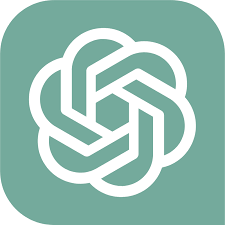How nice if ChatGPT could do all our work for us or how scary is that? Depending on how you look at it. That’s what some people are trying to do apparently and consequently some companies have banned the chatbot at work.
According to studies some 43% of employees use ChatGPT at work and most of the time they don’t tell their bosses about it.
Samsung Electronics for one has banned the use of the platform and other AI-powered chatbots after it was discovered that an accidental leak of sensitive internal source code by an engineer occurred after he uploaded it to ChatGPT last month.
The danger with it is that proprietary or sensitive company information given to the AI could be unintentionally shared with other users.
Around half of Human Resources leaders are issuing guidelines for staff while 3% of them have banned ChatGPT completely says consulting firm Gartner.
But many companies also know that there is no way to stop AI from creeping into every aspect of our lives. So progressive companies are now trying to develop their own AI platforms offering safer alternatives.
Amazon banned the AI in January urging in-house AI called CodeWhisperer. In May Apple restricted the use of ChatGPT.
Banks have also not been spared as financial threats loom. Bank of America, Citigroup, Deutschmark Bank, Goldman Sachs, Wells Fargo & Co and JP Morgan have all issued outright bans on ChatGPT.
PWC says it allows ChatGPT but not for anything to do for clients. “Our policies don’t allow for our people to use the platform for client usage pending quality standards that we apply to all technology innovation to ensure safeguards,” said PWC’s chief digital information offices Jacqui Visch.
Some 15% of law firms have issued warning about ChatGPT too across US, UK and Canada.
In Perth, five hospitals were reprimanded for using ChatGPT for writing primal medical notes.
Read More News
Be ready, your next job interview may just be with AI
The photo above is from Wikipedia

